Talk Archives
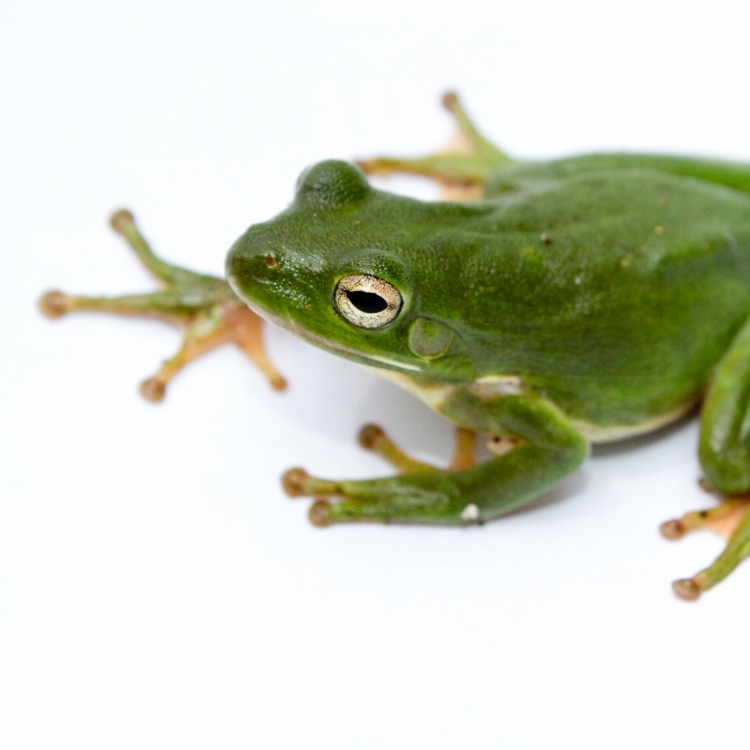
From Silent Spring to Silent Night
Agriculture in the U.S. uses millions of pounds of pesticides and herbicides per year. At the same time, many amphibians are ‘feminizing’ – meaning male frogs and toads, among other animals, are producing eggs instead of sperm. Are agricultural chemicals to blame? What are the implications for human fertility and health?
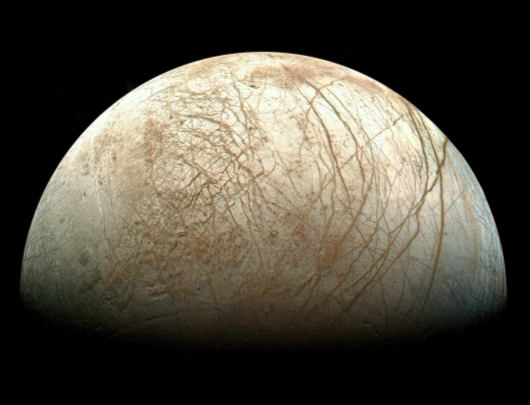
Beginning the Search for Life on Outer Planets: Through Europa’s Icy Looking Glass
Could there be life on the cold outer planets of our solar system? Dr. Donald Blankenship discusses an unmanned space mission to Europa, one of Jupiter’s moons, which is thought to have an ice-covered ocean that may host exotic life.

Is Your House Killing You?
Indoor air can be much more toxic than the air we experience outdoors, but outside of industrial workplaces isn’t regulated by any agency. Where do these toxic pollutants come from? How well do air filters or ozone generators clean indoor air? Dr. Corsi shares how some very common (and presumably safe) products that we use in our homes present challenges to maintaining healthy indoor air quality.
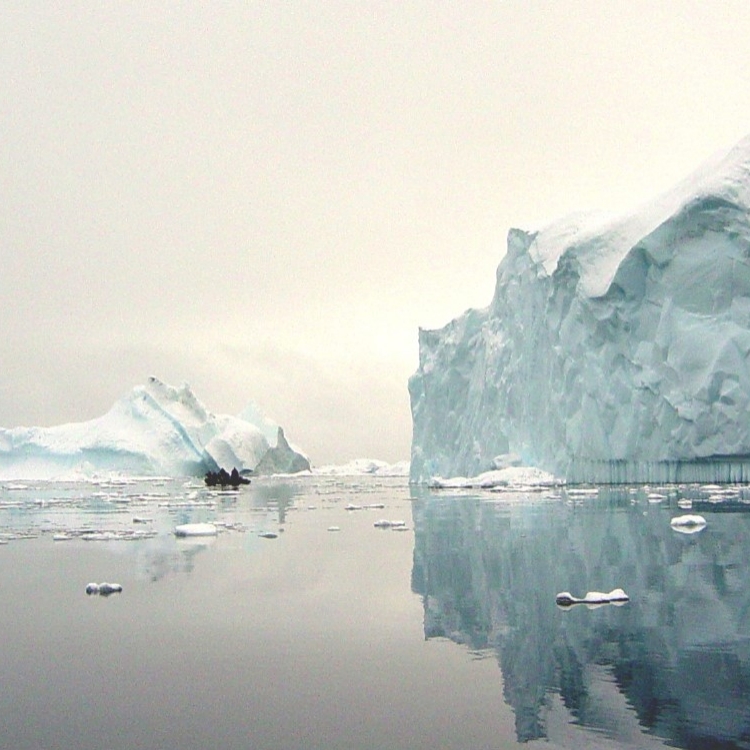
Giant Ice Sheets Threaten Globe?!: Climate Change and the Greenland Ice Sheet
Were Greenland’s glaciers to melt, sea level could rise six meters and inundate some of the most populous cities on Earth. Recent data suggests that Greenland is losing ice at a rapid rate. Is it natural variability or global warming? Dr. Ginny Catania addresses what we know about the Greenland ice sheet, what we have left to find out, and what it’s like to conduct science in one of the most extreme environments on the planet.
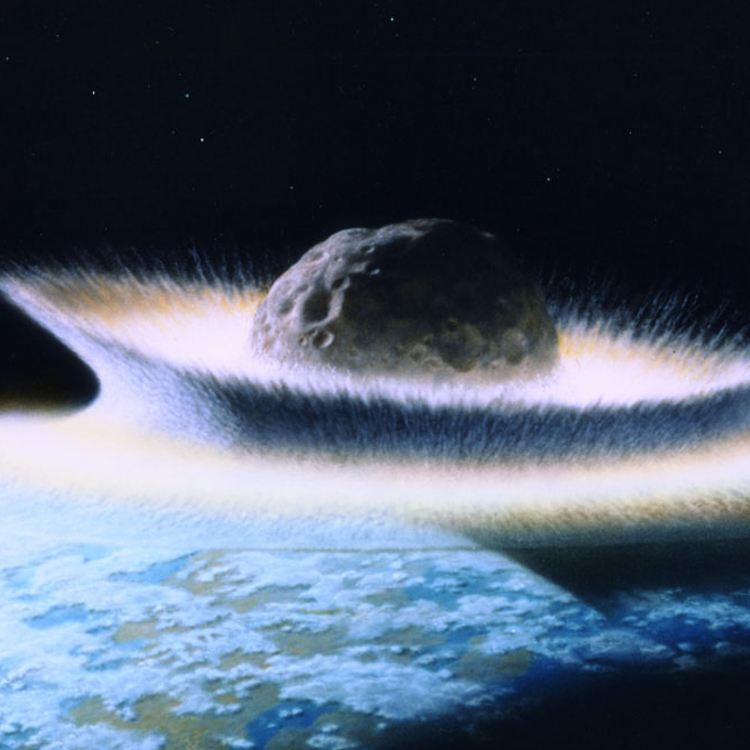
The Rock that Changed the World
How did the extinction of dinosaurs really happen? The theory explaining the extinction of 70 percent of life on Earth 65 million years ago may need to be modified with new findings of detailed three-dimensional seismic images of the Chicxulub crater, a mostly submerged and buried impact crater on the Mexico coast.
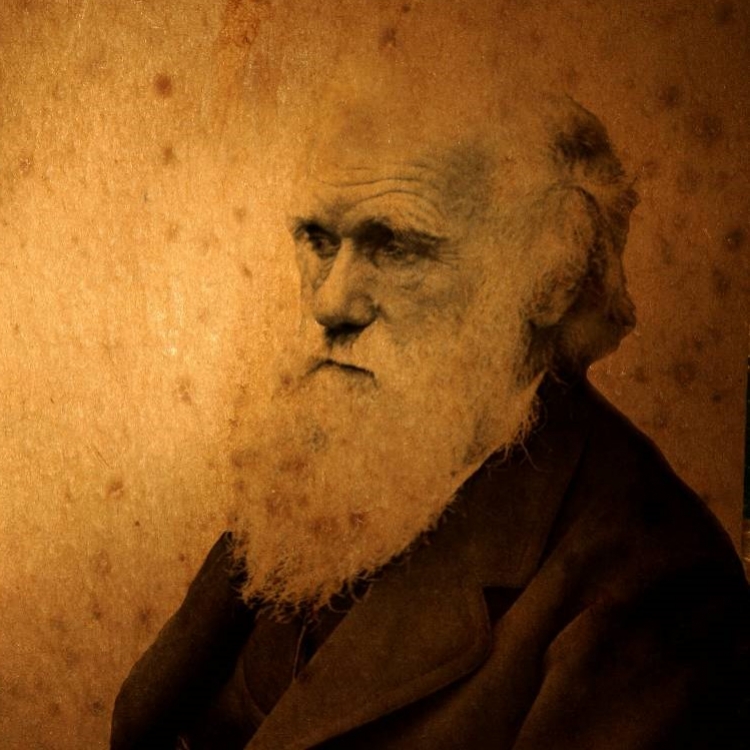
God, Darwin, and Design: Lessons from the Dover Monkey Trail
It has been 80 years since the Scopes Monkey Trial, but the debate between science and religion has never been as heated as it is now. Kenneth R. Miller shares his insights from the Pennsylvania "intelligent design" case and its introduction into science classes.
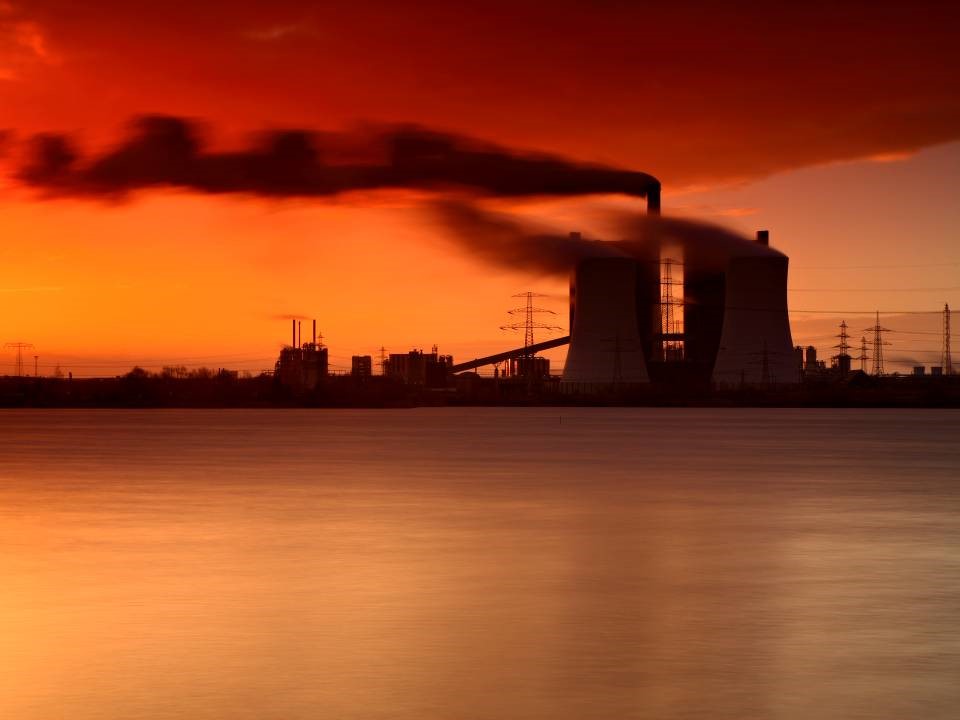
Our Energy Future
Which energy choice is best for our future? There are a growing number of options, from wind to solar to nuclear and even algae, among many others. Dr. Michael Webber describes the range of energy choices available to us as well as their impacts on the environment, the economy and national security.
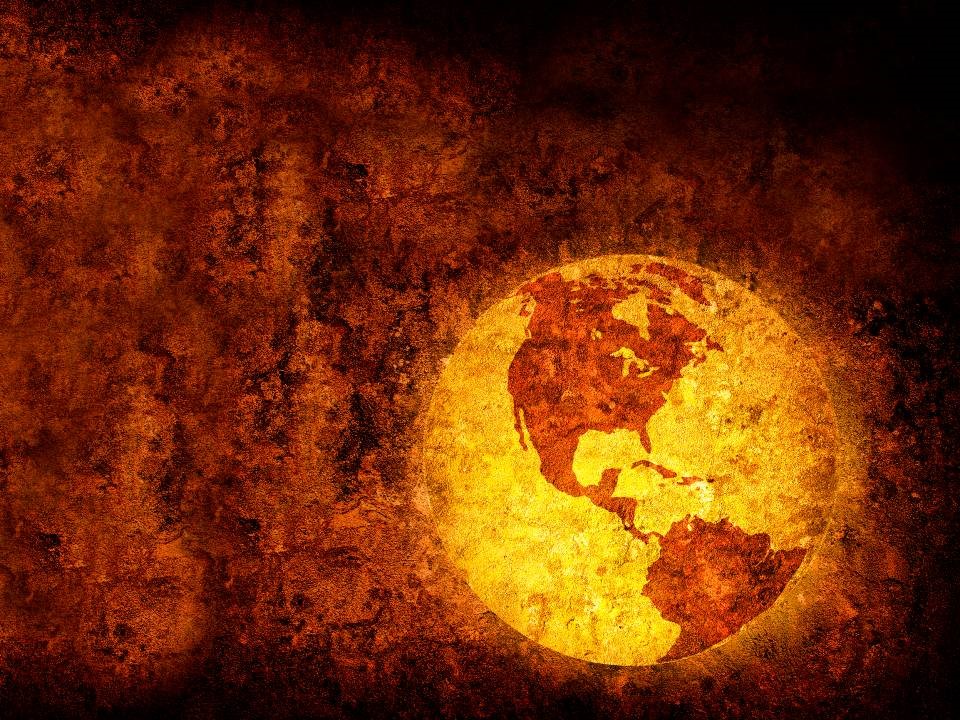
The Changing Debate on Global Warming
Although there has been much debate, every credible climate scientist recognizes that increases in greenhouse gases promote warming. How much will our environment warm? How fast will it warm? How significant will be the impact? Dr. Eric Barron discusses how our current ability to predict climate leaves open a range of possible futures to consider.
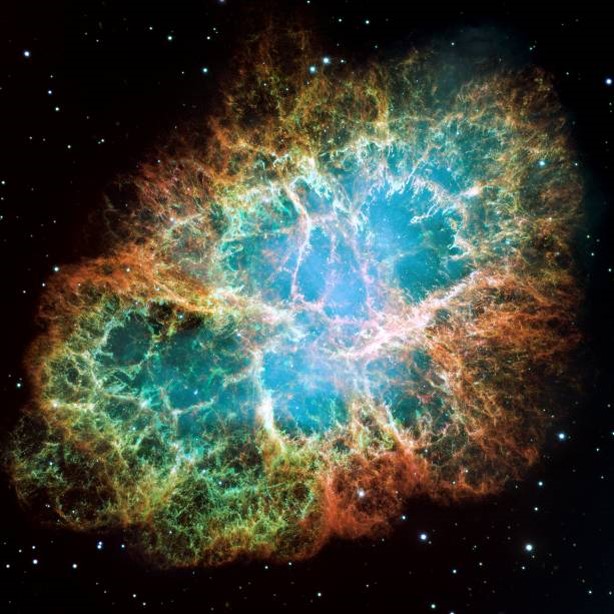
Exploding Stars in an Accelerating Universe
Explosions of supernovae, black holes, gamma ray bursts and neutron stars are not just found in science fiction. These exotic objects in our universe make up the life cycle of stars, are the basis for planets and life, and measure the history and fate of our Universe. Dr. Wheeler describes the formation of supernovae, their characteristic shape and its significance, as well as the resulting celestial objects formed by the collapse of a star.
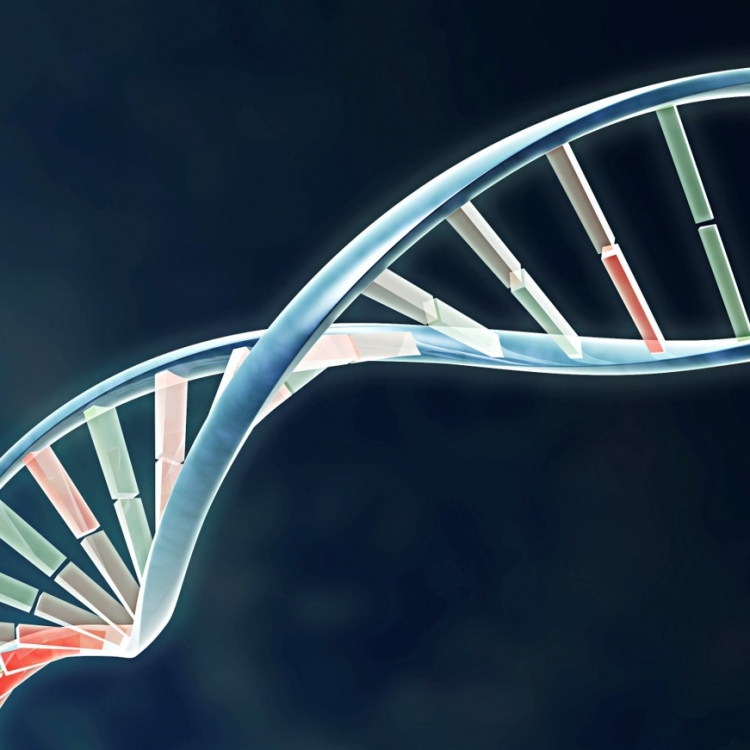
DNA in Hollywood: Fact, Fiction, and Future
“Can we really do that?”… Hollywood TV shows are full of hi-tech crime-solving based on DNA analysis. But can scientists really do what you see on TV? Dr. David Hillis shares how how he has actually helped solve a bizarre murder case with his science, a field called systematic phylogenetic analysis.